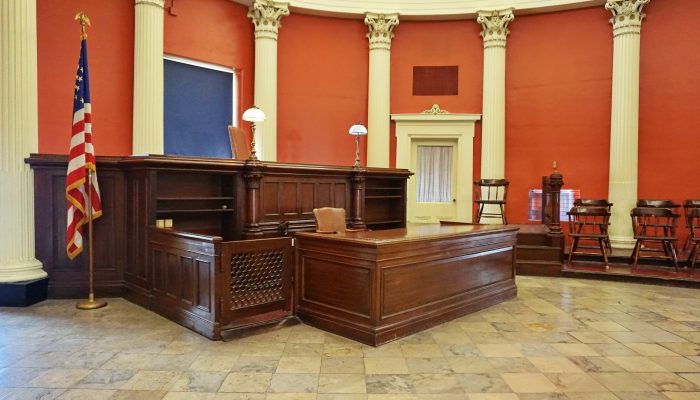Holly Wilson had just left to pick up soda for a steak dinner for her nine grandchildren last May, when a barrage of bullets was fired into her home on the largest Native American reservation in South Dakota.
Her 6-year-old grandson, Logan Warrior Goings, jumped from the family’s loveseat and raced across the room to his grandfather — and was shot in the head. It took at least 15 minutes for a single tribal law enforcement officer to arrive, but by then, the drive-by shooters were gone, and Logan — a “kind and gentle” boy who loved Xbox and his Siamese cat, Simon — was dead.
“He was the sweetest little boy,” said Wilson, 62. “He was so helpful for grandma. He was my best partner.”
Months later, a father and son who live near Wilson on the Pine Ridge Indian Reservation, home to the Oglala Sioux Tribe, were shot and killed by an intruder, and their bodies weren’t found for six days, she said. Just a few nights ago, Wilson’s oldest son was held at gunpoint in his home.
These types of crimes have become increasingly common on the 5,400-square-mile (14,000-square-kilometer) reservation. Only 33 officers and eight criminal investigators are responsible for over 100,000 emergency calls each year across the reservation, which is about the size of the state of Connecticut, tribal officials said. The officers and investigators are all federally funded — and the tribe says it’s just not enough.
The tribe sued the Bureau of Indian Affairs and some high-level officials in July, alleging the U.S. is not complying with its treaty obligations nor its trust responsibility by failing to provide adequate law enforcement to address the “public safety crisis” on the reservation. The federal government countered in court documents that the tribe can’t prove treaties force the U.S. to provide the tribe with its “preferred level of staffing or funding for law enforcement.” After two days of court proceedings this week, a judge said he would take the case under advisement.
“We need change. Everybody’s tired of the same old talk. It’s all talk, talk, talk every year after year, and our people have suffered for decades,” Oglala Sioux Tribe President Frank Star Comes Out told The Associated Press. “We believe now is the time to take that stand.”
The federal government has a trust duty to Indigenous nations and has made promises to tribes under treaty agreements, which should be read liberally and in favor of Native American tribes, explained Robert Miller, law professor at Arizona State University and an enrolled citizen of the Eastern Shawnee Tribe in Oklahoma.
“If federal law enforcement is woefully weak, which it is on most reservations, it’s not carrying out its duty as the trustee, as the guardian of Indian nations,” he said.
Indigenous nations have increasingly advocated for treaty rights, including hunting, fishing and education, in the courtroom, with some success. In 2020, the U.S. Supreme Court made its landmark McGirt decision, ruling that a large portion of eastern Oklahoma, promised in treaties to the Muscogee (Creek) Nation, would remain a reservation.
You can read the full article at AP News.

